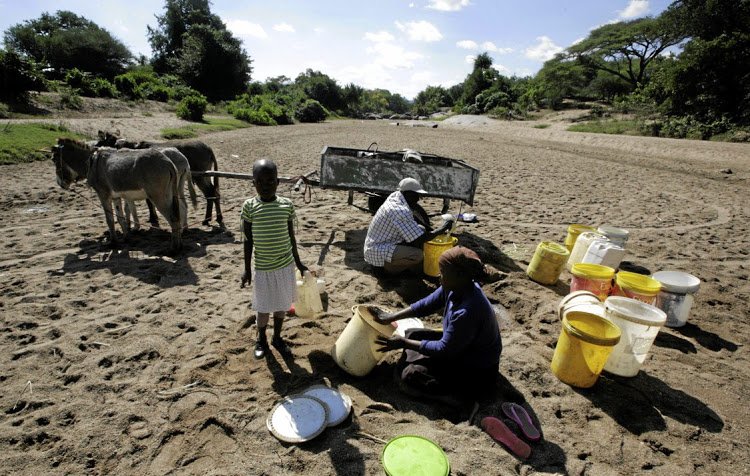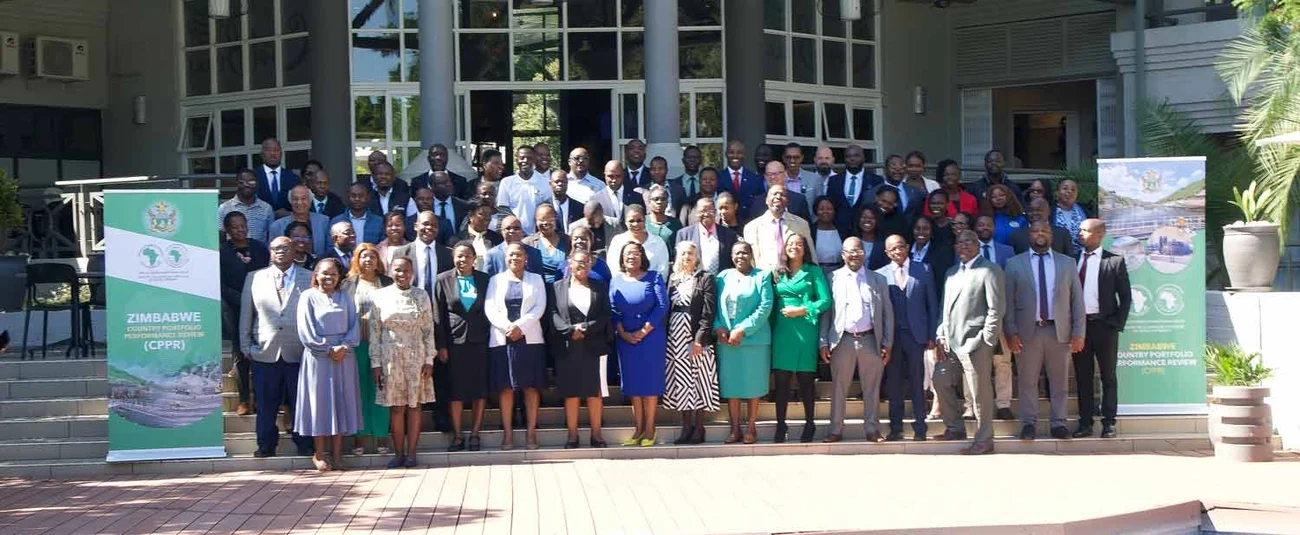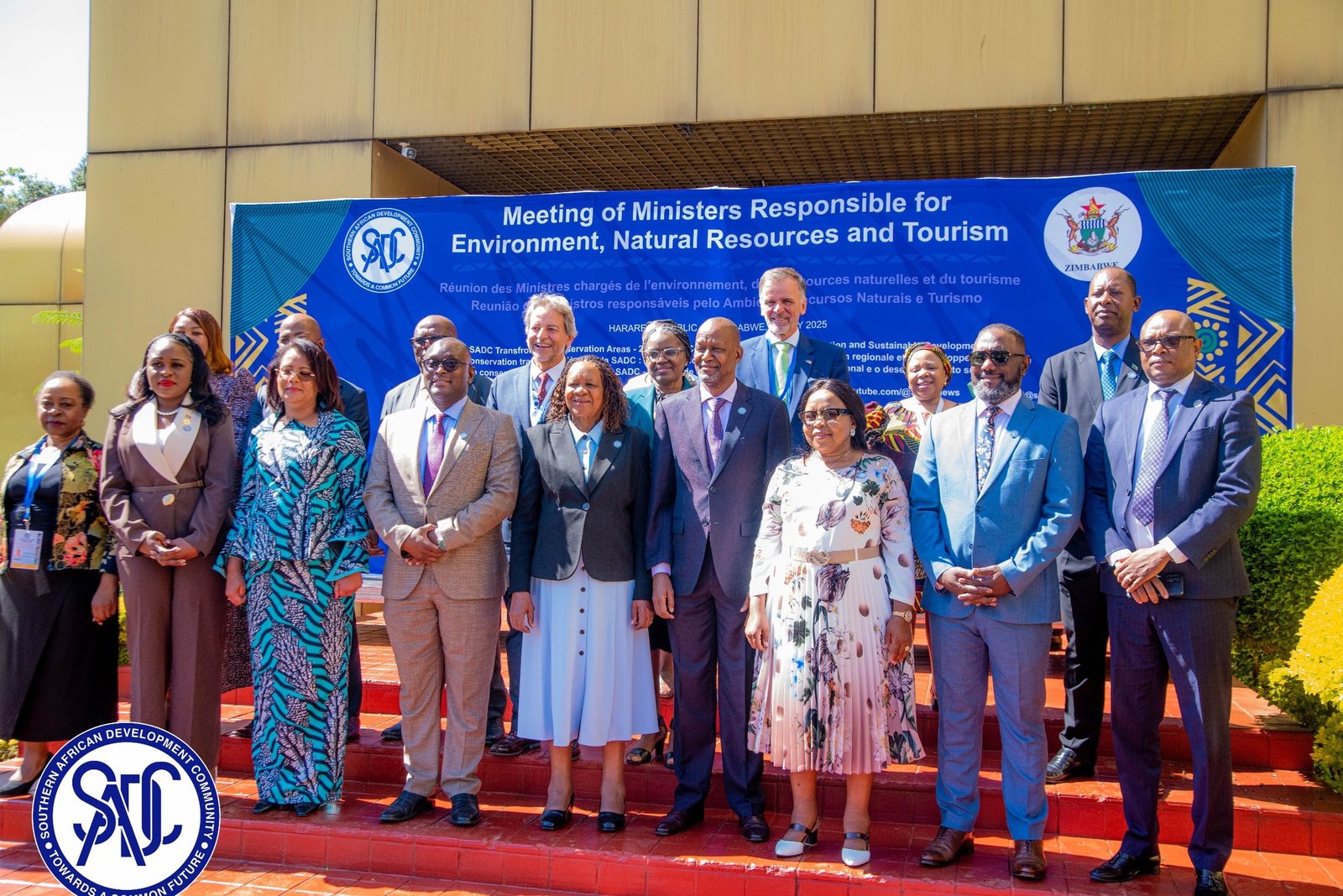As climate crises escalate across the continent, the African Development Bank (AfDB) has stepped in with a significant financial boost aimed at enhancing resilience against environmental shocks. The US$1.78 million Africa Disaster Risk Financing (ADRiFi) facility has so far disbursed approximately US$1.75 million, a testament to the urgent need for effective disaster preparedness in African nations.
In a recent update, AfDB highlighted that the project’s development objectives align closely with the pressing needs and strategic priorities of affected countries and a commitment to addressing fragility and building resilience in Africa from 2022 to 2026.
“The project was aligned to priorities 2 and 3 of the CSP [country strategy paper] on building resilient societies and catalysing private sector investments,” the bank stated.
The initiative aligns with the AfDB’s “Climate Change and Green Growth Action Plan 2021-2025,” which prioritizes investments in disaster risk management, including critical areas such as data collection, early warning systems, and decision-making processes for disaster prevention and response.
The project aligns not only with the National Development Strategy 1 (2021-2025) but also with Zimbabwe’s Nationally Determined Contributions. Historically, Zimbabwe has predominantly faced droughts; however, it is now grappling with a rising tide of climate-related disasters, including floods and tropical cyclones.
“Zimbabwe experiences a survivor drought every three years and is experiencing growing impacts and frequency of tropical cyclones, with six cyclones affecting the country since 2017,” the bank reported.
These climatic events have precipitated secondary crises, resulting in geophysical hazards and the destruction of livelihoods and infrastructure, alongside outbreaks of waterborne diseases like typhoid, cholera, bilharzia, and malaria.
“The growing climate-related crises in Zimbabwe from one season to another continue to put the rainfall-dependent population into food insecurity and deeper poverty,” AfDB noted.
To combat these vulnerabilities, the ADRiFi program aims to bolster Zimbabwe’s capacity to manage extreme climate risks, including droughts, floods, and cyclones. The bank also focuses on developing vital instruments for implementing climate risk financing, including a Disaster Risk Financing Strategy.
“This was achieved through comprehensive capacity building for key institutions on climate and disaster risk financing,” the bank explained.





